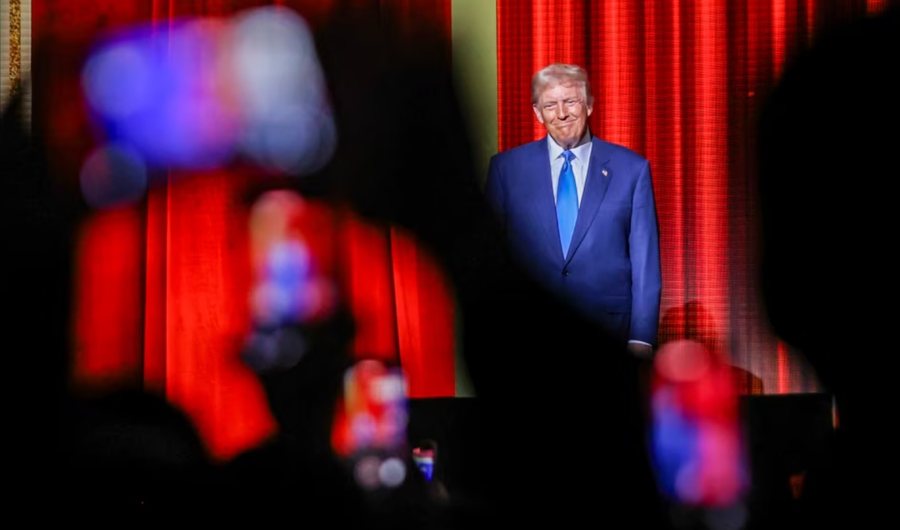
Donald Trump has signaled that he wants to avoid getting involved in Syria after President Bashar al-Assad was ousted by a group of rebels. However, as VOA White House Correspondent Patsy Widakuswara reports, the president-elect may need to balance his stance with Washington's goals of protecting Israel, isolating Iran and confronting Russia, Turkey and other countries.
Syrians are still celebrating the overthrow of President Bashar al-Assad, who has fled to Moscow. The future of the country is far from clear as regional powers try to protect their interests.
From the south, Israel launched attacks to weaken what is left of its ally Iran's army.
In the north, Turkish-backed rebels took control of a swath of territory, forcing Syrian Kurds to flee.
US President Joe Biden has reacted quickly, launching airstrikes against Islamic State targets in Syria.
"The United States will work with our partners and stakeholders in Syria to help them address the risks," President Biden said.
Meanwhile, the newly elected President Donald Trump signaled that he does not want to get involved in Syria.
"It definitely seems like the world has gone a little crazy right now," President-elect Trump said.
Hayat Tahrir al-Sham, the rebel group that toppled Assad, has been designated a terrorist organization by the United States.
However, Mr. Trump wants Washington to stay out of the Syrian conflict. "This is not our war," he wrote on social networks.
Tulsi Gabbard, Mr. Trump's nominee for director of national intelligence, agreed with this position.
"He is fully committed, as he has repeatedly said, to ending wars, to ensuring peace by showing strength and putting the interests of national security and the safety and freedom of the American people first," he said. mrs. Gabbard.
But with Assad gone, President-elect Trump may need to balance his non-involvement stance with American goals to protect allies such as Israel and Jordan and avoid the resurgence of terrorist groups such as the Islamic State.
"Preventing known terrorist organizations from having access to chemical weapons and the ability to operate in territories that no one has under their control or in the space where there are failed states, I think is a very smart move. I think President Trump will continue this policy," said Christopher O'Leary, anti-terrorism expert.
During his first term, President Trump ordered attacks on the Assad regime in response to the use of chemical weapons. President Trump, however, focused more on defeating the Islamic State.
He ordered the withdrawal of US troops from Syria in 2019, leaving only a few hundred US soldiers to protect the oil fields.
He was criticized for abandoning allies. After the withdrawal, Turkey launched an offensive against Kurdish forces, who had been fighting alongside American soldiers to destroy the Islamic State in Syria.
This time, Mr. Trump said: "Let's not get involved."
But with so many American interests in the region, the policy of non-involvement may be easier said than done./ VOA (A2 Televizion)











